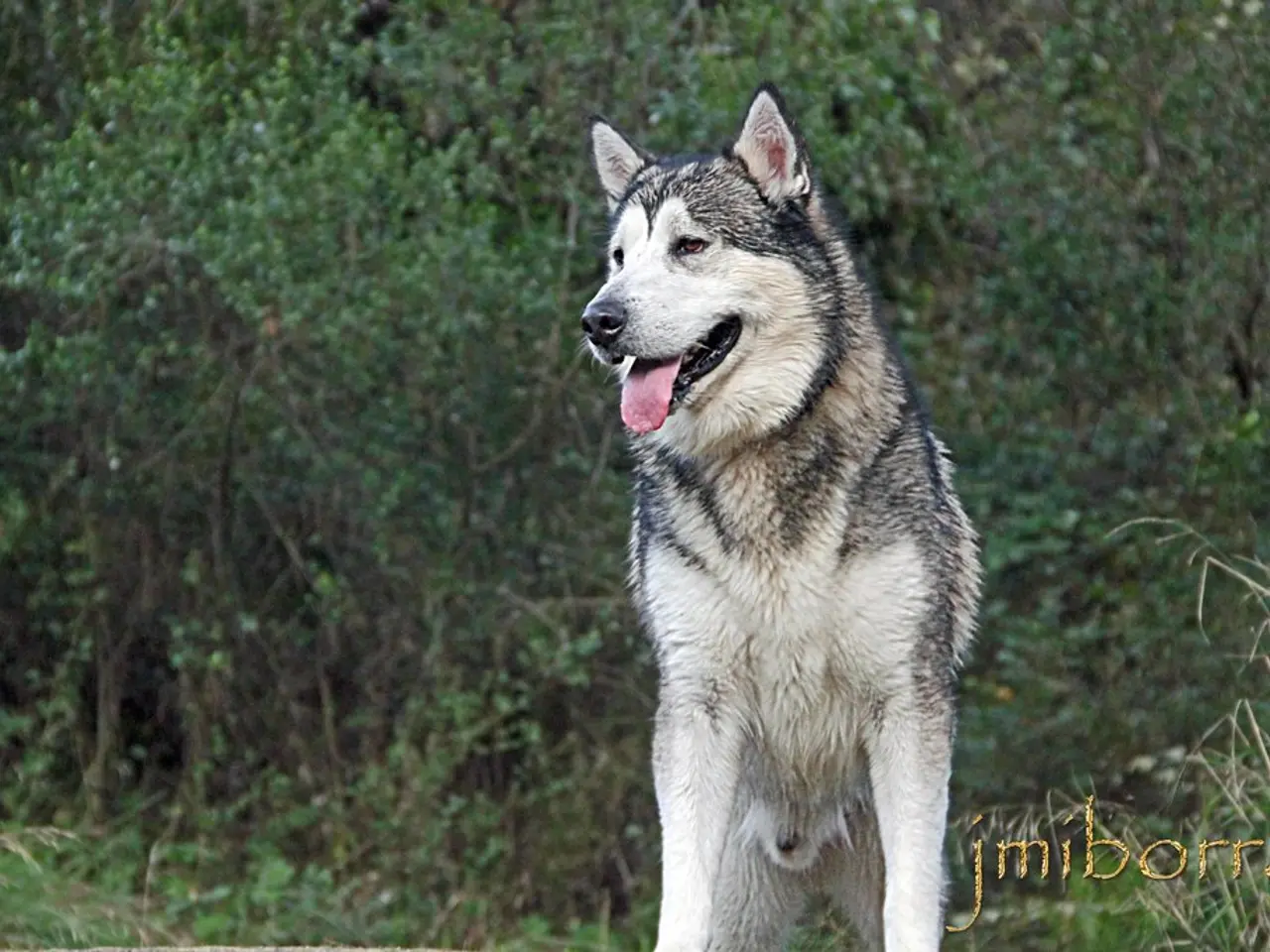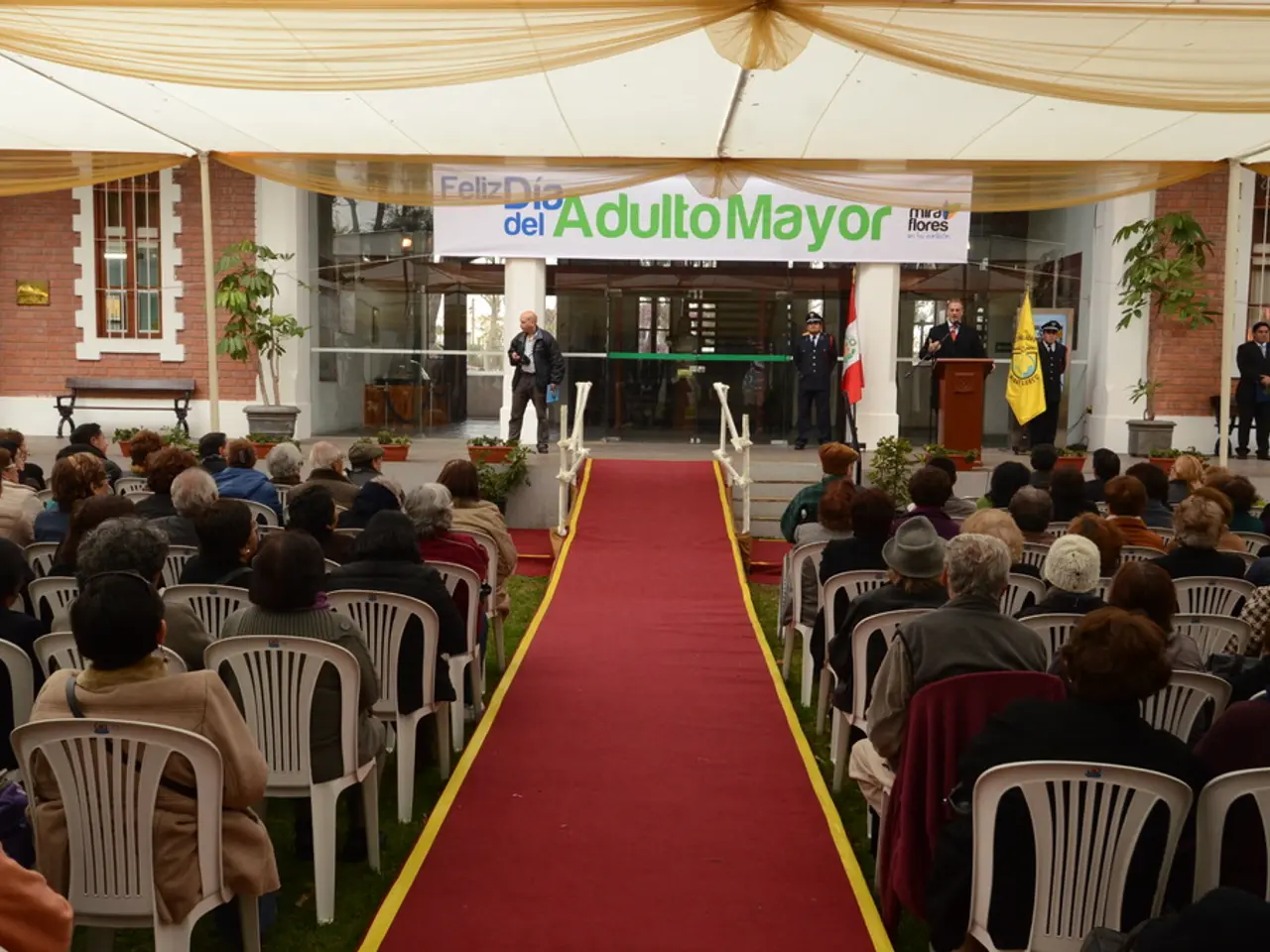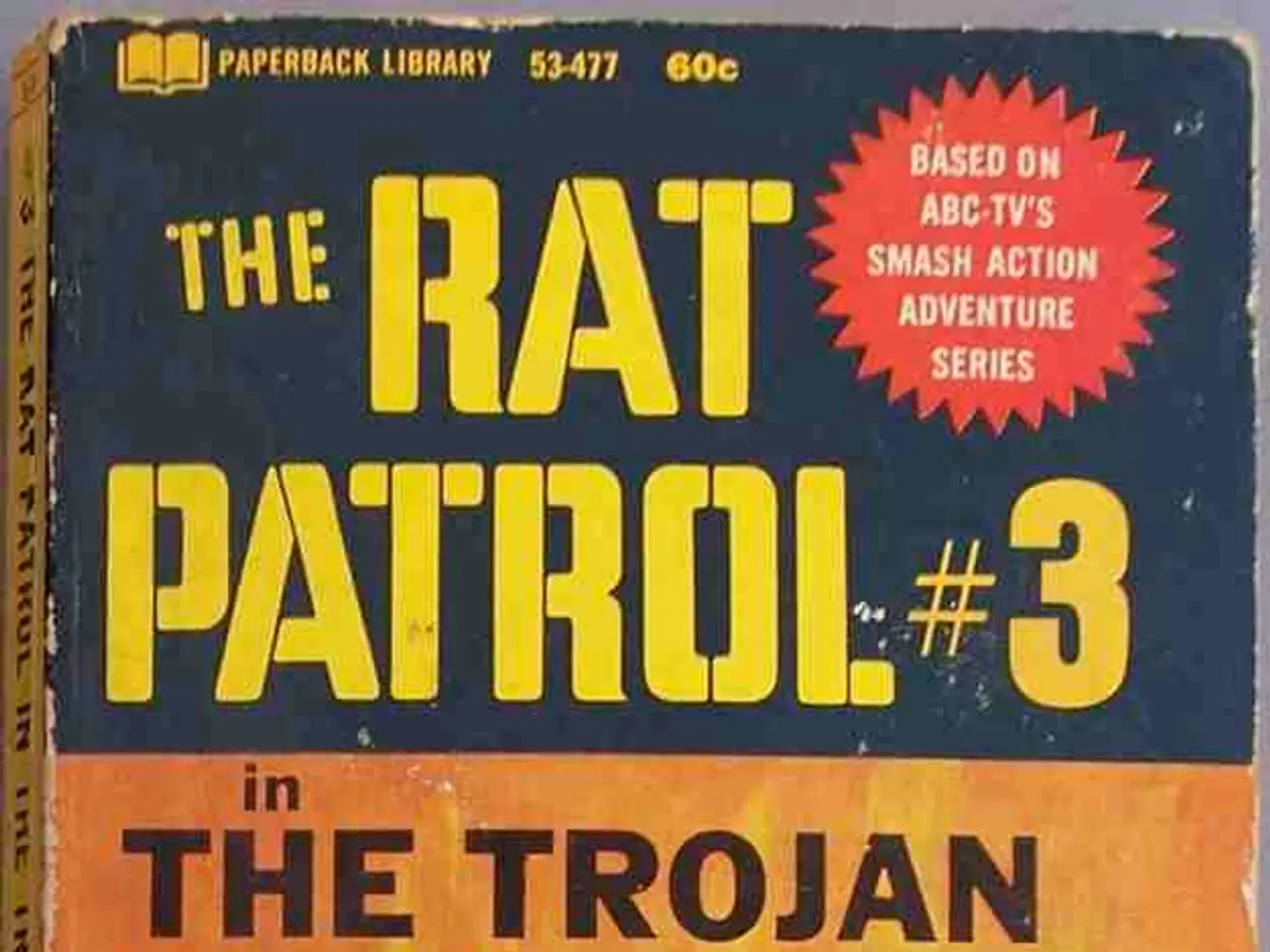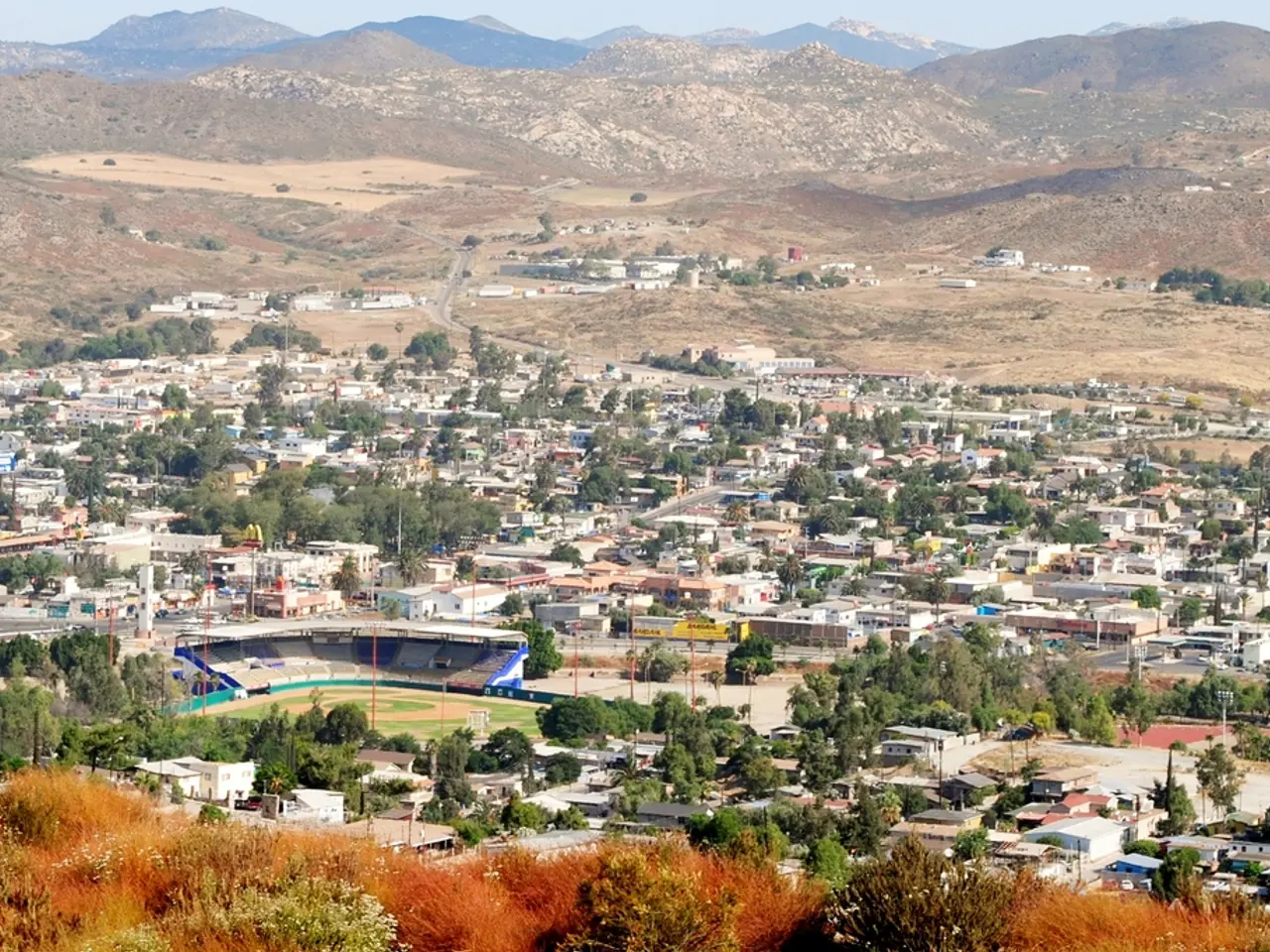Enhanced Support for Livestock Grazing in NRW
Let's Chat About Wolves in Düsseldorf
The state politics in NRW have been chatting about the wolf issue again, and things sure are changing! Even at the EU level, there's been a shakeup in the protection status for our beloved wolves. But what does this mean for us Rhine and Ruhr residents? Let's dive in.
Recently, the Environment Committee in the state parliament voted in favor of a new wolf management plan. This plan, backed by the CDU and Greens, aims to improve protections for livestock farmers across NRW. The state government is expected to allocate funds for herd protection measures, such as building fences, acquiring herding dogs, and even covering operational costs like fence repair or renewal. Previously, only farmers in specific wolf areas, like West Münsterland, were eligible for these benefits.
While the SPD parliamentary group thinks this proposal could use a bit more firepower, they've suggested involving all relevant actors, not just hunters, in the monitoring process. The SPD, along with the FDP, abstained from voting, while the AfD voted against the motion. Each fraction also submitted their own ideas for managing wolf populations.
Don't worry- if you're a livestock farmer and you've got wolf problems, there's help coming. Farmers will soon be able to report wolf attacks by phone, and damage assessments must take place within twelve hours after reporting an incident. All the details will be logged into a digital system with the Senckenberg Institute.
What's more, CDU and Greens are pushing for compensation not only for cattle and dairy cows, but also for herd protection animals, horses, and even lambs that fall victim to a wolf attack. If you spot a wolf on the loose, you can report it by phone, too!
Although there's been a change at the EU level, the wolf remains a protected species. Member states, like NRW, still have a duty to ensure a favorable conservation status. Despite this, they now have more flexibility in managing their local wolf populations.
Recently, there've been increased sightings of suspected wolves in Wesel-Bislich, the border of Oberhausen and Dinslaken, and Gladbeck. Whether these are actual wolves is still officially unconfirmed.
Stay tuned for more updates on the wolf front! Head over to our website blog for even more wolf-related insights.
Want more wolf news? Check out:1. All our wolf news on the blog2. No trace for 6 months: Where is the Schermbeck wolf pack?3. Wolf tried to cross NL highway, sadly didn't make it4. What to do when you encounter a wolf: yell or run away?5. Hünxe/Schermbeck: Where are the wolves? Secret state search in the forest
As the EU Council has made its decision, it's now up to the black-red coalition in the federal government to turn this change into national law. Get ready for some exciting (and furry) updates in the near future!
- The recent vote by the Environment Committee in the state parliament suggests a shift in environmental-science and policy-and-legislation towards improved protections for livestock farmers in NRW, as part of the new wolf management plan.
- Beyond the state level, science and politics are intertwined as the EU Council has also made changes in the protection status for wolves, giving member states like NRW greater flexibility in managing local wolf populations while still upholding the conservation status of the species.
- As the change at the EU level unfolds, journalists and environmentalists alike remain eager for updates on the impact of this news on general-news topics like the wolf sightings in areas such as Wesel-Bislich, Oberhausen, Dinslaken, and Gladdeck, as they monitor the ongoing story of wolves in Düsseldorf and beyond.







